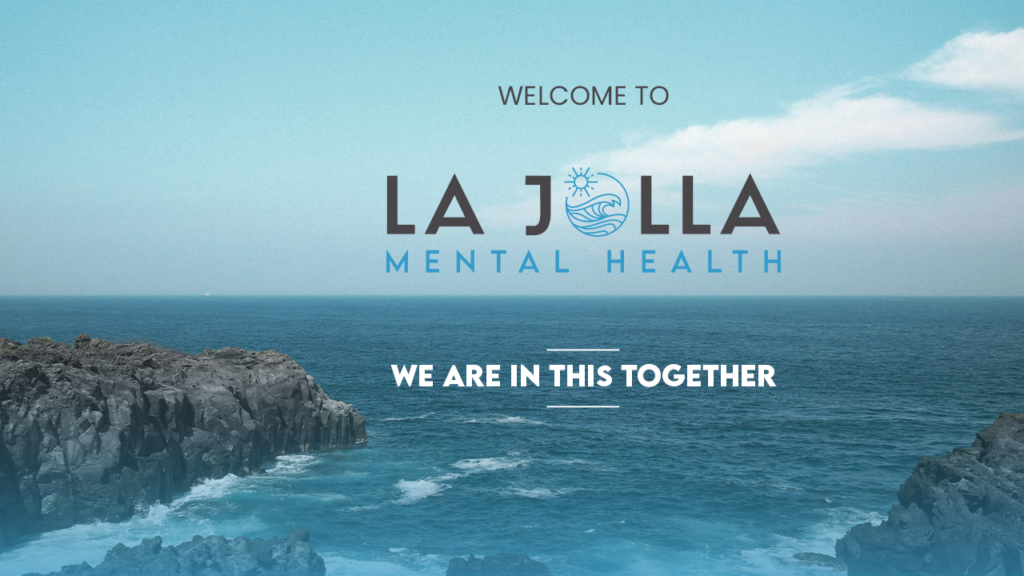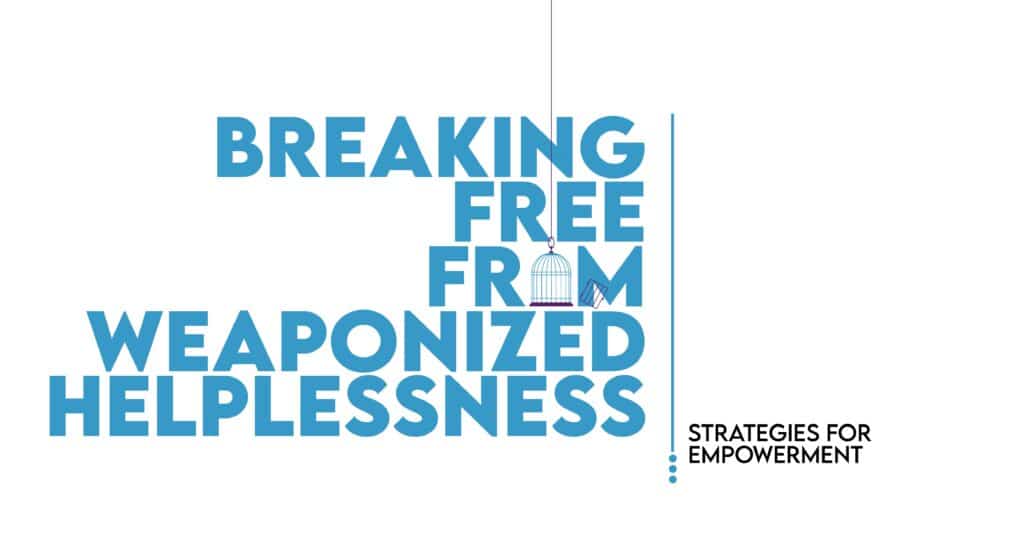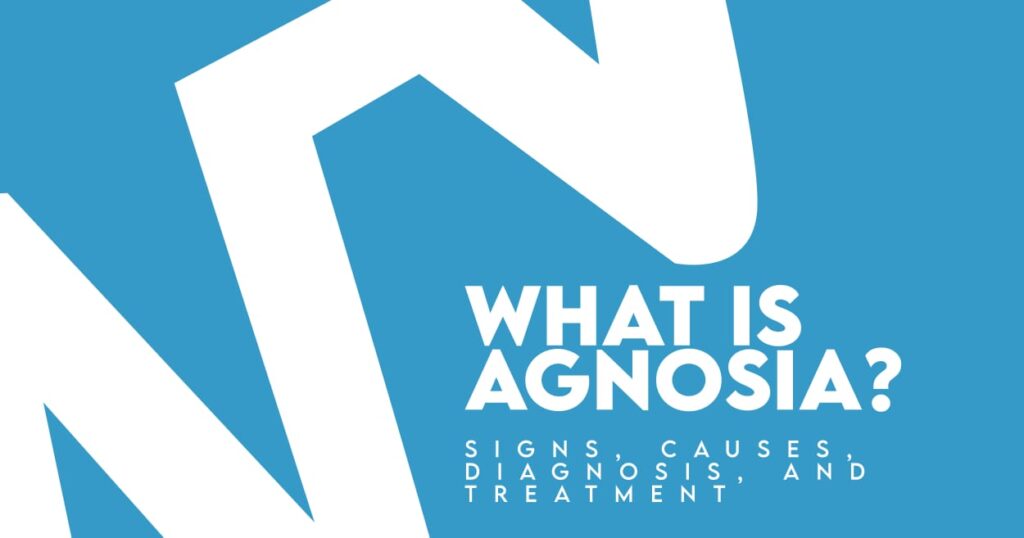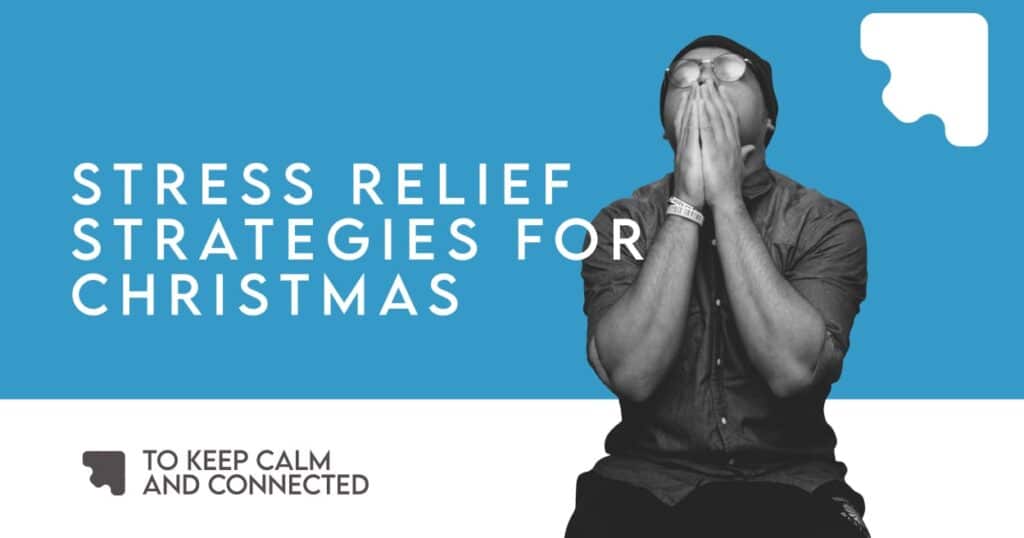Weaponized helplessness is a subtle yet powerful dynamic that can damage relationships, undermine confidence, and create patterns of dependency that feel nearly impossible to escape. At its core, this behavior leverages helplessness not as a genuine need for support but as a form of emotional manipulation and psychological control. Breaking free from these cycles requires awareness, resilience, and practical strategies for empowerment.
Recognizing the Signs of Weaponized Helplessness in Relationships
The first step toward empowerment is recognizing when weaponized helplessness is being used in a relationship. Unlike genuine vulnerability, which is rooted in trust and authenticity, weaponized helplessness often carries undertones of passive aggression or manipulation. For example, a partner or colleague might consistently claim they “can’t” handle responsibilities, pushing others to step in while they avoid accountability.
Over time, this behavior creates an unequal dynamic, where one person carries the burden while the other maintains control by appearing incapable. This can often be confused with learned helplessness, but the difference lies in intent – weaponized helplessness is a strategy, not simply a psychological outcome.
According to the American Psychological Association, consistent exposure to these manipulative behaviors can foster frustration, resentment, and even burnout in those expected to compensate.
The Psychological Impact of Weaponized Helplessness
The mental toll of enduring weaponized helplessness can be profound. Those on the receiving end often experience feelings of entrapment, believing they must “rescue” the other person at the expense of their own needs. This dynamic reinforces a victim mentality in both parties: one uses helplessness to avoid responsibility, while the other internalizes the role of caretaker or problem-solver.
For the “helpless” individual, repeated reliance on manipulation can lead to self-sabotage and reinforce cycles of internalized oppression, making it harder to develop genuine independence. For the other, the constant demands can create anxiety, guilt, and eventual emotional exhaustion.
The National Institute of Mental Health highlights how chronic stressors like these can exacerbate depression and anxiety, leaving individuals feeling powerless.
Strategies for Addressing Weaponized Helplessness in Personal Interactions
Dealing with weaponized helplessness requires a balanced approach that combines empathy with firm boundaries. The goal is not to punish the other person but to reduce enabling behaviors that allow the cycle to continue. Practical strategies include:
- Identify Manipulation Early. Notice when repeated helplessness seems intentional rather than situational.
- Respond With Consistency. Offer guidance, but avoid taking over tasks that the other person is capable of doing.
- Promote Accountability. Encourage problem-solving rather than rescuing, which helps dismantle unhealthy dependency.
- Seek Professional Support. Therapy or counseling can provide tools to recognize and counteract emotional manipulation.

By shifting the focus from rescuing to empowering, individuals can reduce the grip of psychological control while protecting their own well-being.
The Role of Communication in Mitigating Weaponized Helplessness
Clear and assertive communication is one of the most effective tools for mitigating the effects of weaponized helplessness. People often fall into the trap of unspoken assumptions or passive responses, which only fuel cycles of dependency.
A helpful framework is the use of “I” statements:
- Instead of saying, “You never help with anything,” try, “I feel overwhelmed when I take on all the responsibilities without support.”
This approach emphasizes personal feelings without escalating blame, while also making expectations clear. Research from the University of California, Berkeley on assertive communication emphasizes how clear dialogue reduces conflict while fostering mutual respect.
Setting Boundaries and Expectations to Counteract Weaponized Helplessness
Boundaries are essential in relationships where dependency and manipulation occur. Without them, individuals risk becoming enablers of psychological control. Boundaries do not mean cutting people off; they mean creating fair expectations that protect both parties.
Here’s a simple breakdown of how boundaries can be applied:
| Situation | Boundary Response | Empowering Outcome |
| Partner claims they “can’t” handle bills | “I can show you once, but it’s your responsibility moving forward.” | Encourages skill development and accountability |
| Colleague avoids tasks by acting confused | “I can clarify, but I won’t redo your work.” | Reinforces responsibility at work |
| Friend expects you to solve personal crises | “I care, but I can’t always step in. What do you think you can do next?” | Promotes problem-solving independence |
Boundaries allow individuals to resist manipulation while offering tools for genuine growth. Over time, this approach dismantles unhealthy dependency and encourages mutual respect.
Building Resilience and Self-Efficacy to Combat Weaponized Helplessness
While boundaries protect against manipulation, building personal resilience is what empowers people to thrive. Resilience involves strengthening self-efficacy – the belief in one’s own ability to handle challenges. People who trust their competence are less likely to fall prey to emotional manipulation or to enable victim mentality in others.
Practical ways to build resilience include journaling, mindfulness, and gradual exposure to new challenges. The American Psychological Association highlights that resilience is not a fixed trait, but a skill that can be developed over time with intentional practice.
In relationships, resilience provides the confidence to resist enabling behaviors, while also promoting empathy and compassion for those struggling with genuine difficulties.
Moving Forward With Awareness and Intent at La Jolla Mental Health
Breaking free from weaponized helplessness is not about shaming or blaming – it’s about creating healthier dynamics where both individuals feel empowered rather than trapped. At La Jolla Mental Health, we believe in supporting clients through this journey by offering tools for communication, resilience, and boundary-setting that transform relationships from cycles of dependency into pathways of growth.
If you are navigating challenges with passive aggression, learned helplessness, or patterns of self-sabotage, our compassionate team can help. Together, we’ll work to foster empowerment, resilience, and meaningful emotional connection. Start your journey toward stronger relationships and emotional well-being today with La Jolla Mental Health.

FAQs
How does weaponized helplessness relate to victim mentality and internalized oppression in personal relationships?
Weaponized helplessness often reinforces a victim mentality, where one person avoids responsibility while the other feels compelled to take over. This dynamic can foster internalized oppression, making individuals feel powerless in their own relationships.
What are common signs of learned helplessness and passive aggression that indicate weaponized helplessness is being used?
Repeated avoidance of responsibility, subtle guilt-tripping, and exaggerated incompetence are signs. When paired with passive aggression, these behaviors suggest manipulation rather than genuine need.
How can emotional manipulation and psychological control manifest in situations involving weaponized helplessness?
They manifest as one person using helplessness to control another’s actions – forcing them to step in, carry burdens, or feel guilty for setting boundaries. This gives the “helpless” individual covert power.
What strategies can help individuals overcome dependency and self-sabotage linked to weaponized helplessness?
Encouraging problem-solving, seeking therapy, and building confidence in one’s abilities are key. These strategies reduce dependency while preventing self-sabotage cycles.
How can setting boundaries effectively counteract the effects of weaponized helplessness in daily interactions?
Boundaries prevent enabling and clarify expectations, ensuring both parties share responsibility. This reduces psychological control and fosters healthier interactions.








